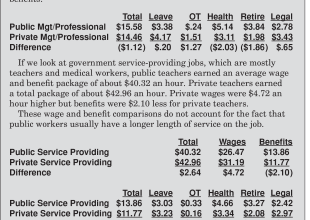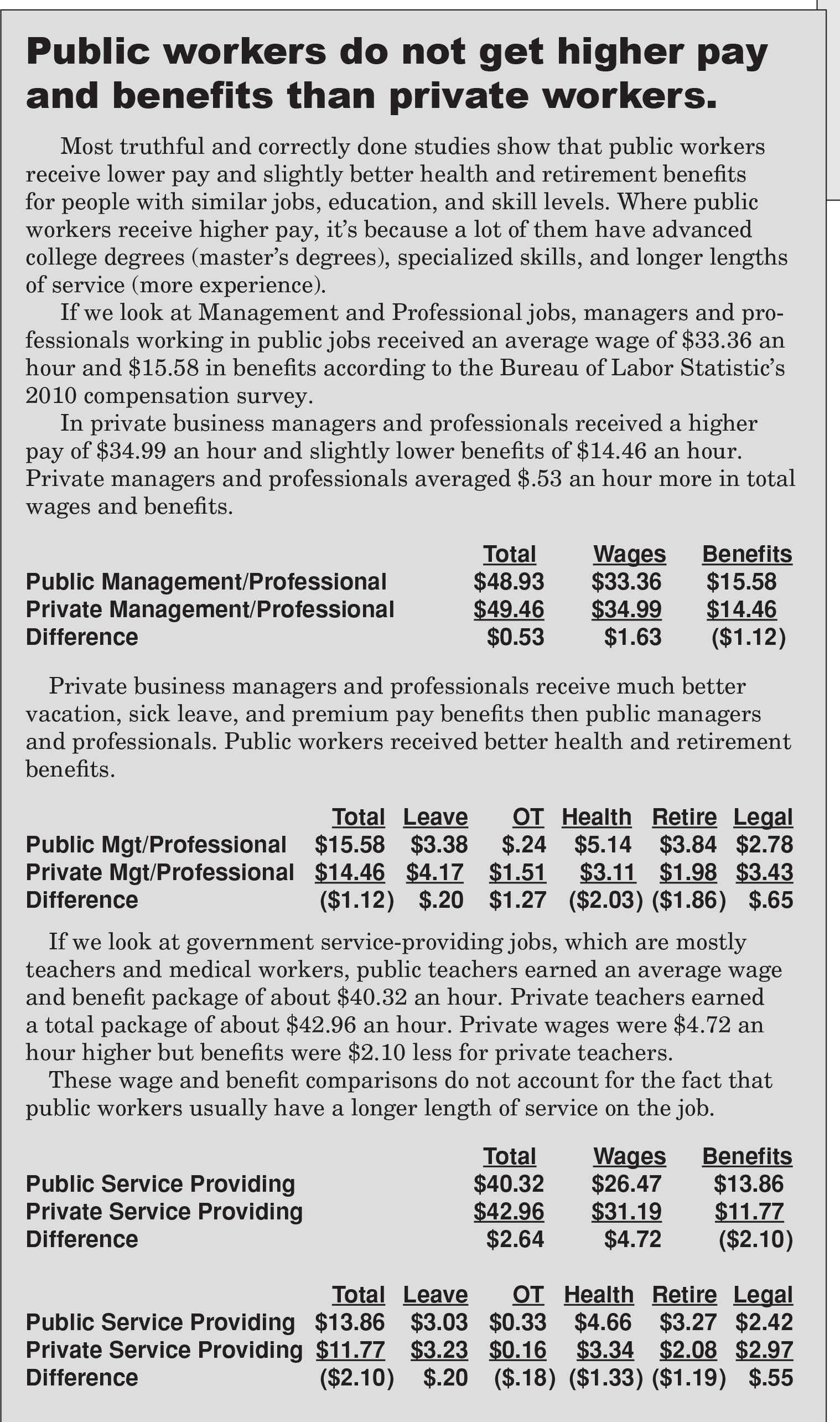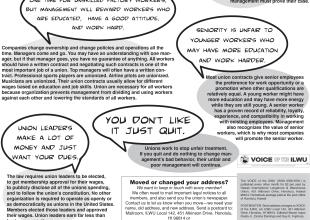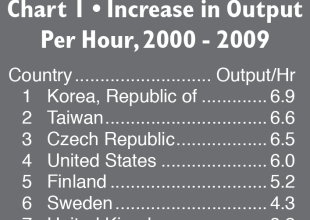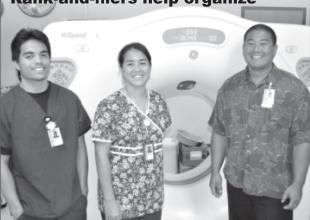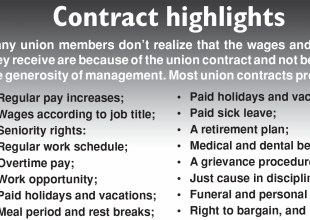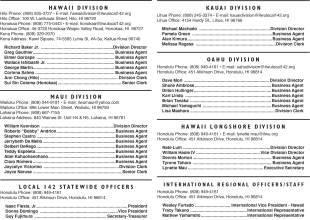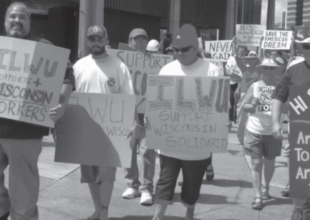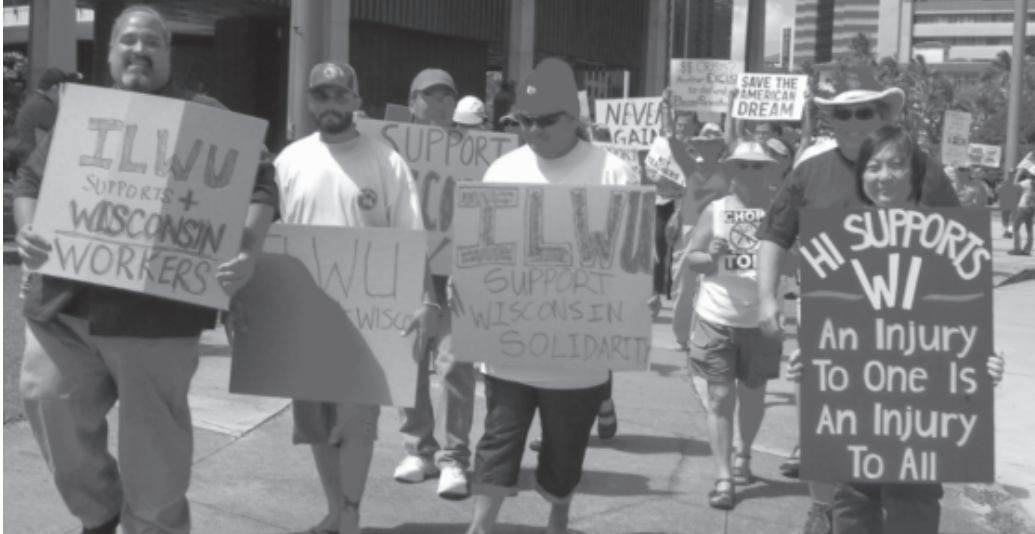Building stronger unions through education
HONOLULU—The 30th Annual Western Regional Summer Institute for Union Women (SIUW) was held June 16-20, 2011 at the Ala Moana Hotel, whose workers are members of UNITE HERE Local 5. Over 80 union activists from more than 20 Locals in Hawaii, California, Oregon, Washington, and Alaska participated in the Institute.

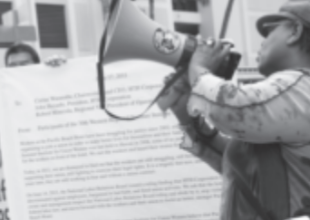
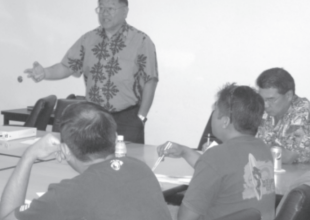
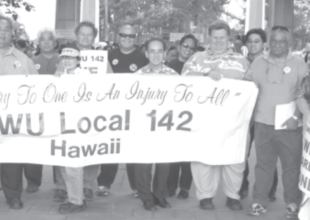
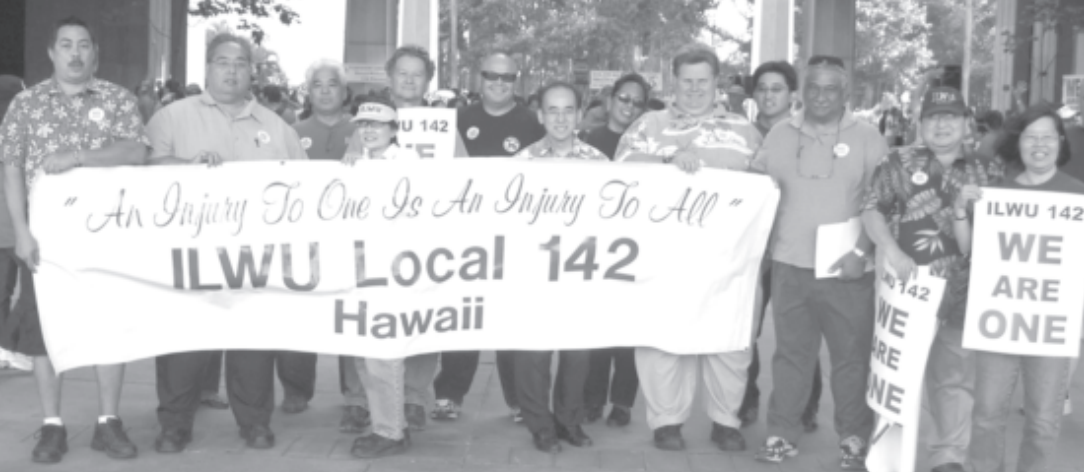 Demonstrations were held in every state in the nation on April 4, 2011 to oppose the attacks on workers’ rights to bargain collectively.
Demonstrations were held in every state in the nation on April 4, 2011 to oppose the attacks on workers’ rights to bargain collectively.